
Operable glass walls provide a dynamic solution for educational spaces. They align with today’s evolving teaching methods and adapt to the needs of modern learners. Beyond the functional versatility, movable glass walls offer clean, contemporary aesthetics, slim and unobtrusive profiles, and versatile configurations that cater to the evolving needs of students and educators alike.
Armstrong World Industries, designer and manufacturer of interior and exterior architectural applications like ceilings, walls, and metal solutions, recently announced its acquisition of Canada-based Geometrik, according to a news release. The British Columbian Geometrik specializes in designing and manufacturing wood acoustical and wall systems.
KI Wall attended NeoCon 2025 in Chicago, Ill., last month to showcase its new architectural wall systems and collaborations, according to a news release. Its customizable, design-forward wall solutions are intended to support creativity in work, education, and healthcare environments.
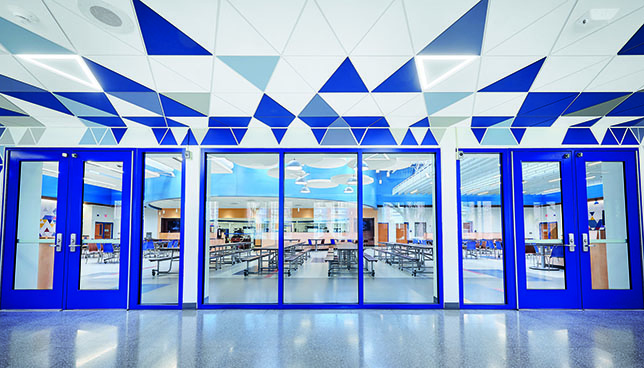
In recent years, the educational world has gained greater appreciation for the ways a space’s aesthetics, just like its acoustics, can positively impact educational outcomes. Consequently, engineering, designing, and constructing a school environment demands acoustics to be equally an art and a science, requiring architects and designers to see with their ears, while acousticians must hear with their eyes.
Fellowes Contract Interiors recently partnered with Momentum Textiles & Wallcoverings to launch a new line of high-end-design, cost-effective textiles, according to a news release. Part of Momentum Textiles’ Kickstart collection, the new selection offers high-quality and versatile textiles for both smaller budgets and the early design phase of larger projects.
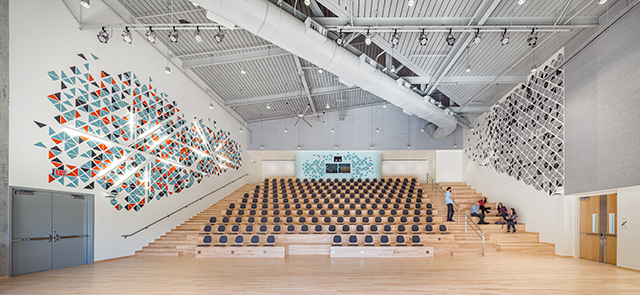
Poor acoustics within classrooms create challenging environments for children, who possess heightened sensitivity compared to adults or older peers. These conditions, characterized by noise and reverberation, significantly impact their ability to engage in tasks that require listening comprehension, as well as non-auditory functions like short-term memory, reading, and writing.
Sustainable textiles and acoustical management solutions provider Carnegie recently launched a new series of fabrics called the Full Spectrum Collection, according to a news release. The series features 45 colors and patterns across a variety of price points that were designed for use in commercial spaces and offer high degrees of performance, style, and durability.

Today’s guest is Kristin Moore, the Vice President of Market Segments at Armstrong World Industries. We'll talk about the importance of indoor environmental quality in creating and maintaining healthy learning spaces for kids.
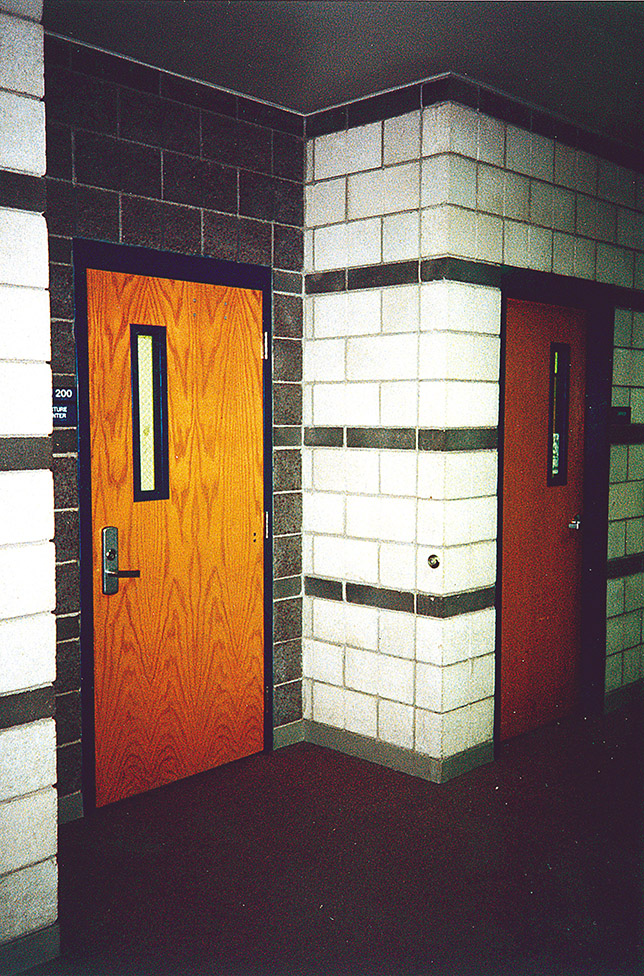
Overly Door Company in Greensburg, Pa., recently announced that it has introduced a larger version of its Wood Acoustic Door.
Birchwood Lighting recently announced the launch of a new set of acoustic luminaries and panels designed for large, open spaces. The BWA250 luminaries and panels are intended to provide both seamless illumination and sound dampening capabilities in environments like open office spaces, common areas and education spaces.
Islington Junior Middle School in Toronto, Ontario, Canada, which serves students in grades PreK–8, recently announced that it has installed new acoustic ceiling and wall tiles in four of its classrooms.
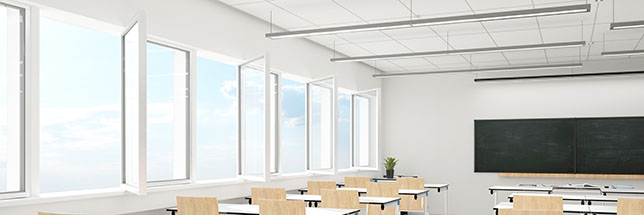
Solutions to modern problems sometimes find their roots in the past. During the tuberculosis epidemic in the early 20th century, many U.S. schools used open-air classroom designs to prevent the virus’ spread among students. Now, during the ongoing coronavirus pandemic, schools are once again turning to this model to allow students the fresh air and proper ventilation necessary for a healthy learning environment.
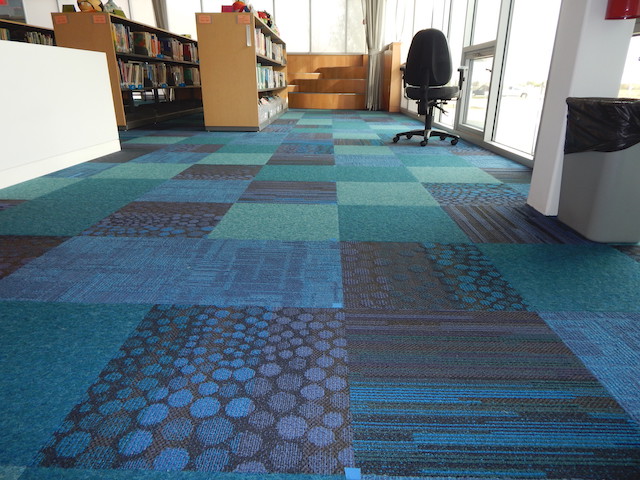
Walls, ceilings and floors, along with all interior and other building elements, must meet budgetary, acoustic, resilience, sustainability and maintenance requirements, with builders weighing such factors and others. Here are some ways that schools are making their interiors stand out.
A few solutions to minimize renovation costs and support sustainablity goals.
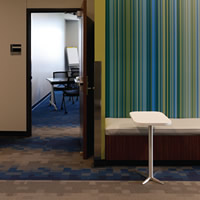
Creating learning environments that positively impact students.

Walls and ceilings have evolved from flat white panels into attractive interior
design elements that contribute to educational quality.

Take a look at the next big thing in college and university classroom design: walls you can write on and push around.